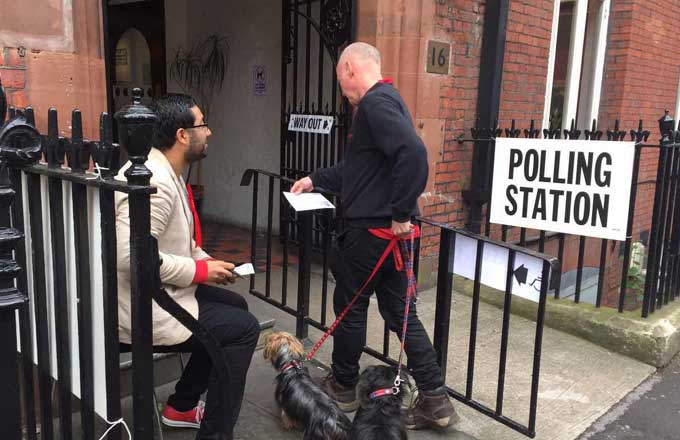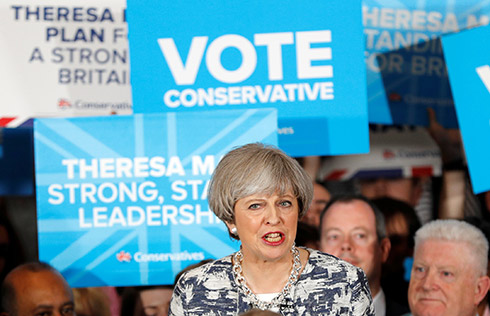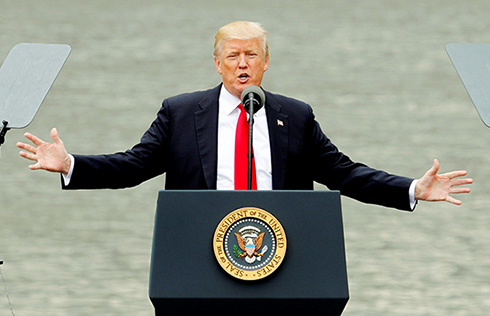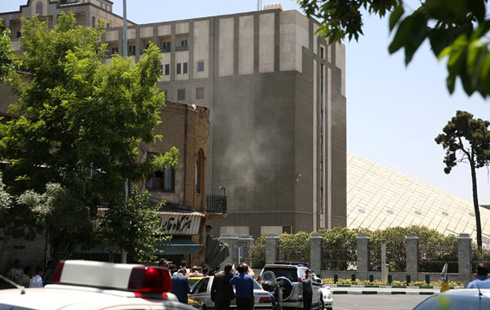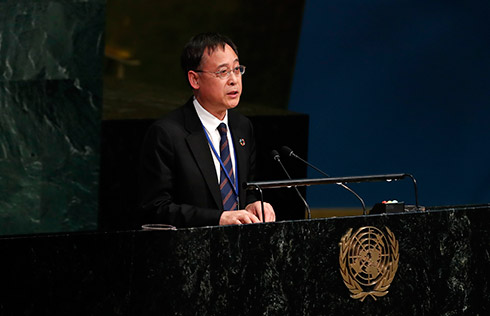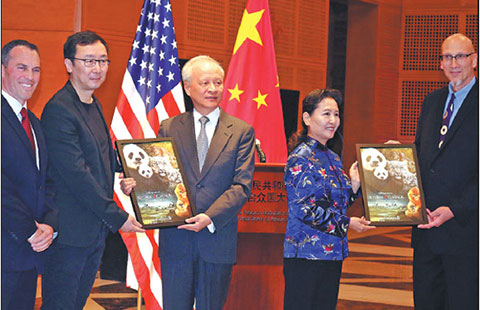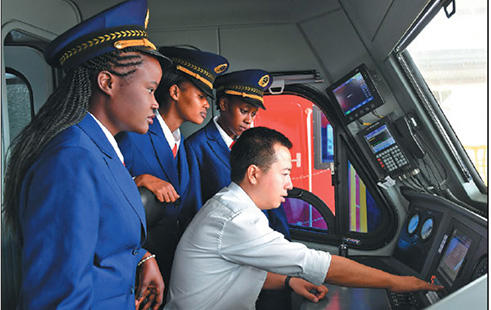Partnership with CEE in context of Belt and Road
Comprising 16 countries, CEE is a diverse region, so China initially focused on developing bilateral economic cooperation with individual countries. It has also been promoting China-CEEC common institutions to encourage and coordinate multilateral cooperation with and among these countries. Beijing has also been trying to integrate the China-CEEC framework with the broader Sino-EU cooperation mechanism.
China believes cooperation at these three levels is not contradictory but complementary, especially when it comes to cooperation in international industrial capacity. Last year, China proposed to build cooperation in international industrial capacity with developed countries and collaborate with them in exploring third party markets. Sino-French cooperation for the construction of Hinkley Point C nuclear power plant in the United Kingdom is an apt example of upgraded nuclear power plant building projects, which could encourage Poland and other European Union member states in CEE to welcome similar projects in the near future.
As for China's Hebei Iron and Steel Group purchasing Serbia's largest steel plant, it could be regarded as a harbinger of this trend in EU's candidate countries.
Still, the hurdles hampering both China-CEEC cooperation and Belt and Road Initiative's acceleration have to be gradually removed. These problems include the ineffective implementation of Chinese large-scale investment projects in CEE countries, continued trade imbalance between China and CEE countries and the latter's lack of efficient financial collaboration tools to deal with the fast changing situations in the region. These will prove to be a real test both for China and CEE countries. Hopefully, Serbia and Poland will come up with some optimistic answers to these problems during Xi's visits to the two countries.
The author is an associate researcher at the Central Compilation and Translation Bureau of the Communist Party of China.




